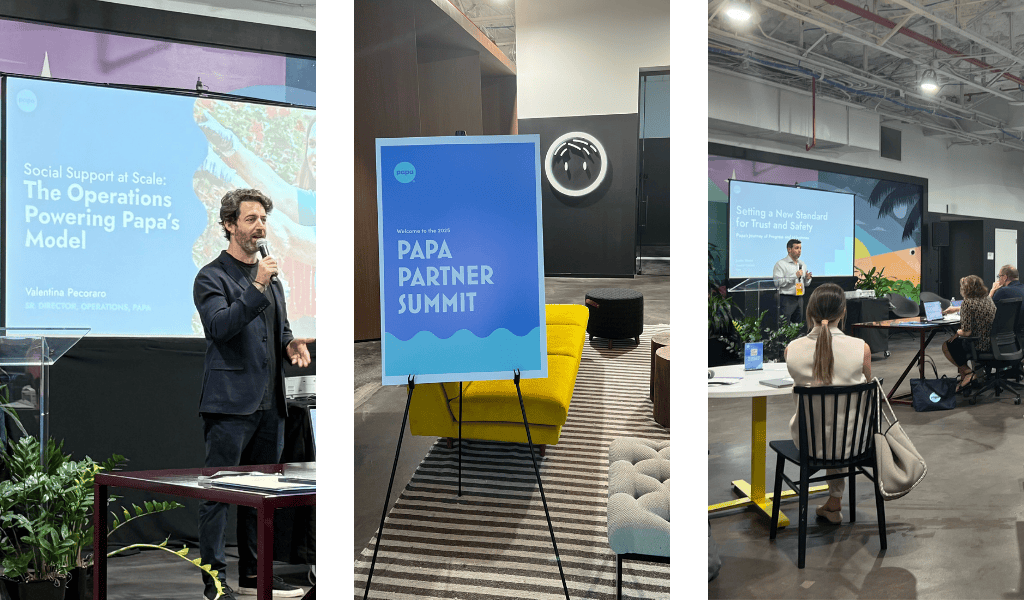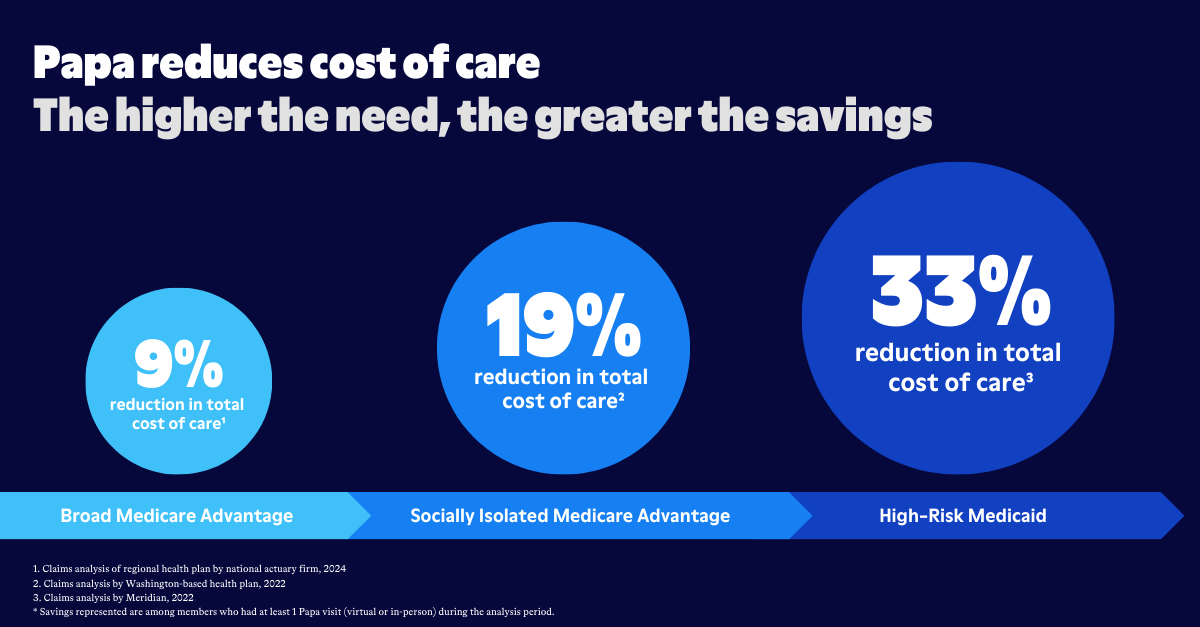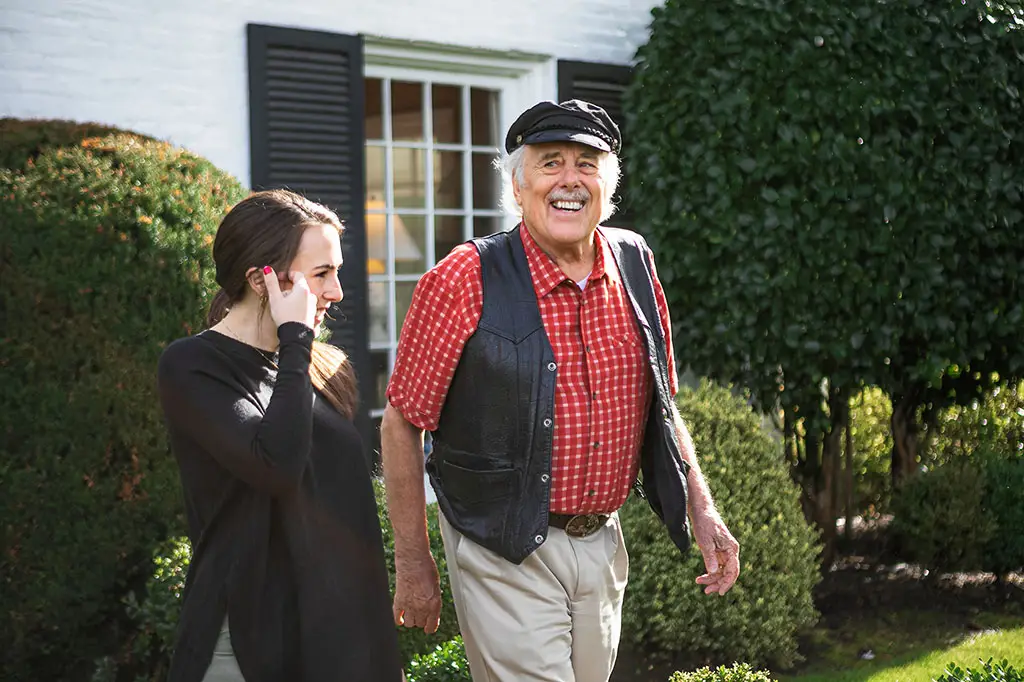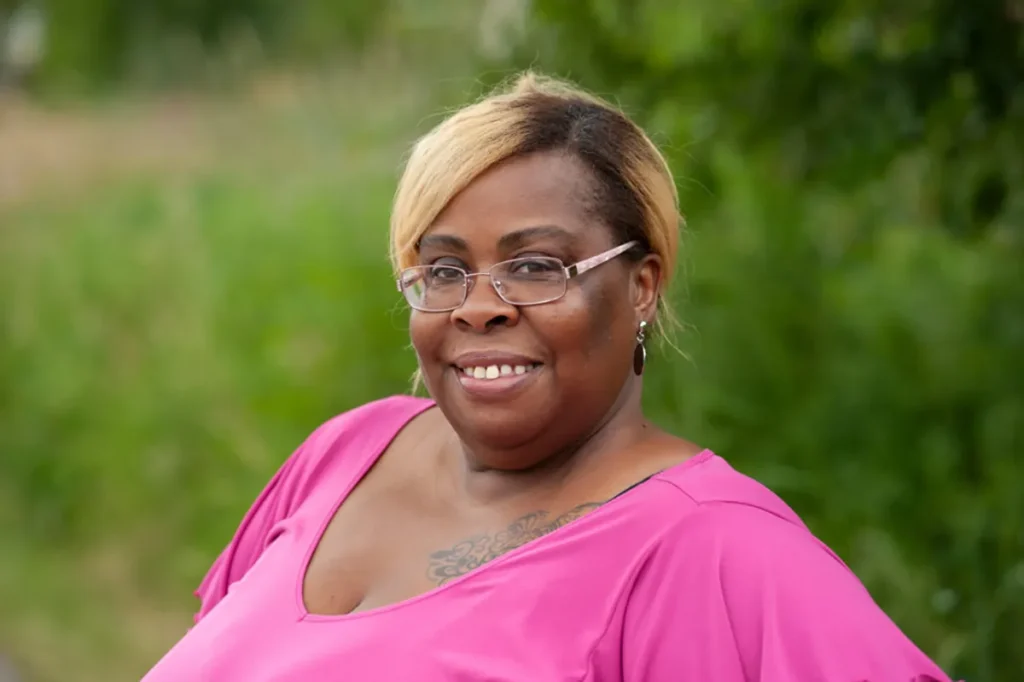
“Papa came at the right time,” Felicia says with a grateful smile.
Like so many others at the time, Felicia contracted COVID-19 and was experiencing residual effects. She was constantly going back and forth from the pulmonologist to other doctors. Without a vehicle, she had to take the bus from her small town in Michigan to her appointments in a bigger city. Taking time off work was a challenge, and she was exhausted.
Everything felt really hard—because it was.
Felicia was getting trapped in the cycle of poverty. She was sick so she couldn’t go to work, and when she couldn’t work, she lost her job. When she lost her job, she didn’t have money for transportation, and without transportation, it was even harder to get work.
What is the cycle of poverty?
The cycle of poverty is a self-perpetuating trap where limited access to education, low-income jobs, poor health, substandard living conditions, and financial strain reinforce each other, making it difficult for individuals and families to escape poverty. Without intervention, each generation faces the same barriers, leading to continued economic hardship and limited opportunities for upward mobility.
For people like Felicia, once they end up trapped in this cycle, it’s almost impossible to get out of it. Cycles of poverty are listed as social determinants of health (SDoH) because people trapped in them have a hard time getting and staying healthy. Those like Felicia often end up overly stressed, without access to health care, and prone to chronic disease.
Thankfully, Felicia’s story isn’t a sad one.
Felicia meets her Papa Pal Michelle
Felicia has broken the cycle of poverty in a way that not only attests to her perseverance and work ethic, but also attests to her compassion and care for others. Here's her story.
It started when Felicia got a call from her health care plan, telling her about Papa.
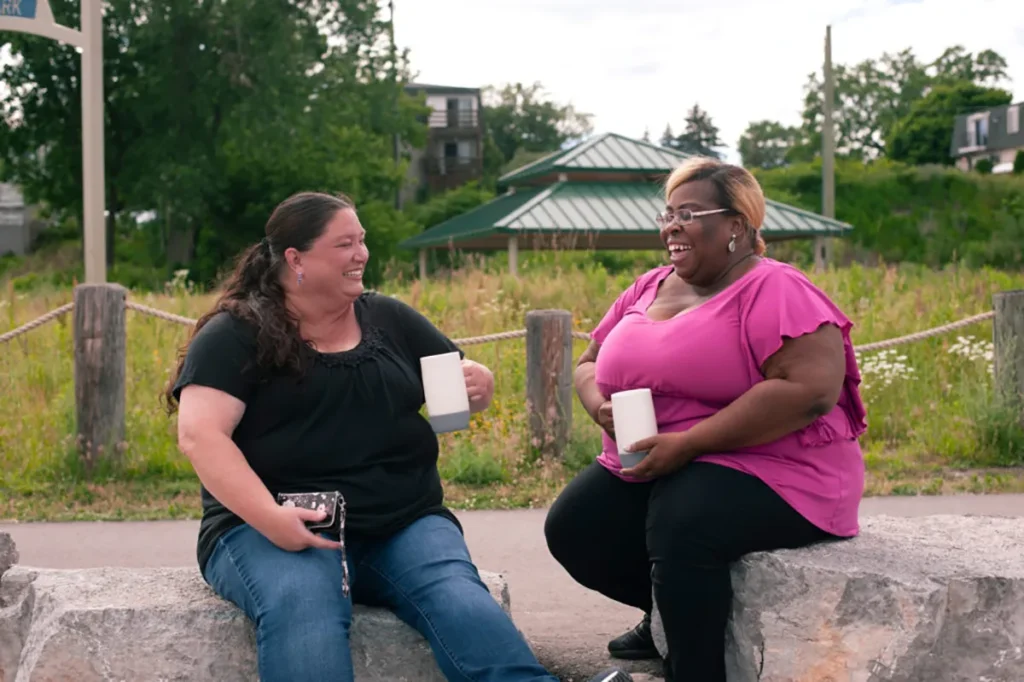
When Felicia’s Papa Pal, Michelle, picked her up the first time, she went above and beyond Felicia’s expectations. “She made me feel like a celebrity,” Felicia says. “She wiped off the door handles with Clorox wipes, offered me a mask and a bottle of water, and held the door open for me.”
The two had a great conversation on the way to and from Felicia’s appointment. As she was leaving, Michelle gave Felicia a small gift which really warmed her heart. Every time Michelle came, it was the same wonderful service.
“I could get used to this,” Felicia thought.
Felicia struggles with health and employment
After several visits with Michelle, Felicia found herself confiding in her about her difficulties with her current job at an answering service. She was still having long-term effects from COVID-19, and hours of talking on the phone left her out of breath. She was using her inhaler way too much, and her doctors were concerned for her heart.
Her customers kept asking her to repeat herself, because she was wheezing and breathing heavily. She often had to take the rest of the day off after working just three or four hours. If she expected sympathy from the company, she didn’t get it. In fact, they refused to give her any time off. She had accumulated points and was about to get fired.
She had reached the end of her rope and poured out her story to Michelle who listened attentively. “I have family members that I get in the car with,” Felicia says, “and I just talk about something generic rather than share a part of me.” But Michelle had already begun to feel like a trusted friend.
After Felicia told her story, Michelle said, “Well, you have a great personality. I think you would be awesome at being a Papa Pal.”
Felicia was flattered but said she wasn’t sure she could make it work. After all, she didn’t have a vehicle. Michelle reassured her that she didn’t need one. She could take a bus to get to her assignments and help people in their homes. She decided to apply.
A week later, Felicia found out that her mom was having back surgery in Detroit, 45 minutes away. She wasn’t sure how she would be able to care for her mom, but two close friends came to her rescue. They knew she would need a vehicle to take care of her mom. So they bought one for her.
Breaking the cycle of poverty
Just as Felicia’s background check and paperwork was being completed, she got her new vehicle. Then, the pieces all began to fall into place. Felicia looked on the app and found a member who needed a Papa Pal on Thursdays in Detroit. She was already driving to Detroit every Thursday for her mom’s doctor’s appointments, so she stopped for a Papa Pal visit on her way.
Felicia’s first client was a senior adult, “a very wonderful lady.” Felicia helped her with light household cleaning and putting away dishes. At first, the woman sat on the couch while Felicia worked in another room. Felicia would try to start up a conversation, but the woman didn’t say much. So Felicia took it slow and didn’t push. She knew it could be uncomfortable, even embarrassing, to allow someone into your home. Without words, Felicia did her best to show her that this was a no-judgment zone.
It worked. A few visits in, the sweet woman started to come out of her shell. She would help Felicia put dishes away and start chatting. Once she got going, she didn’t want to stop. And Felicia loved it.
“She was just the sweetest person—engaging, interactive, up to date on current events. And then I mentioned that I sing, and that lit her right up.” It turns out the woman’s son was in a band, so they started listening to music together. When Felicia got there each Thursday, she’d ask, “Do you want to listen to classical today or should we listen to jazz?”
“So many people—especially after this pandemic—lost themselves,” Felicia says. “I see so many people who are dealing with depression. I know there’s nothing I can do to fix that, but if I could just brighten their day for a few minutes or an hour a day, that was my goal.”
After Felicia developed a relationship with that first woman, she realized that the best part of being a Papa Pal was that she could keep coming back to visit the same person. It gives her the opportunity to truly build relationships. And that’s exactly what she does.
She sees her dusting and cleaning as secondary to making people feel loved.
How Papa has changed Felicia’s life
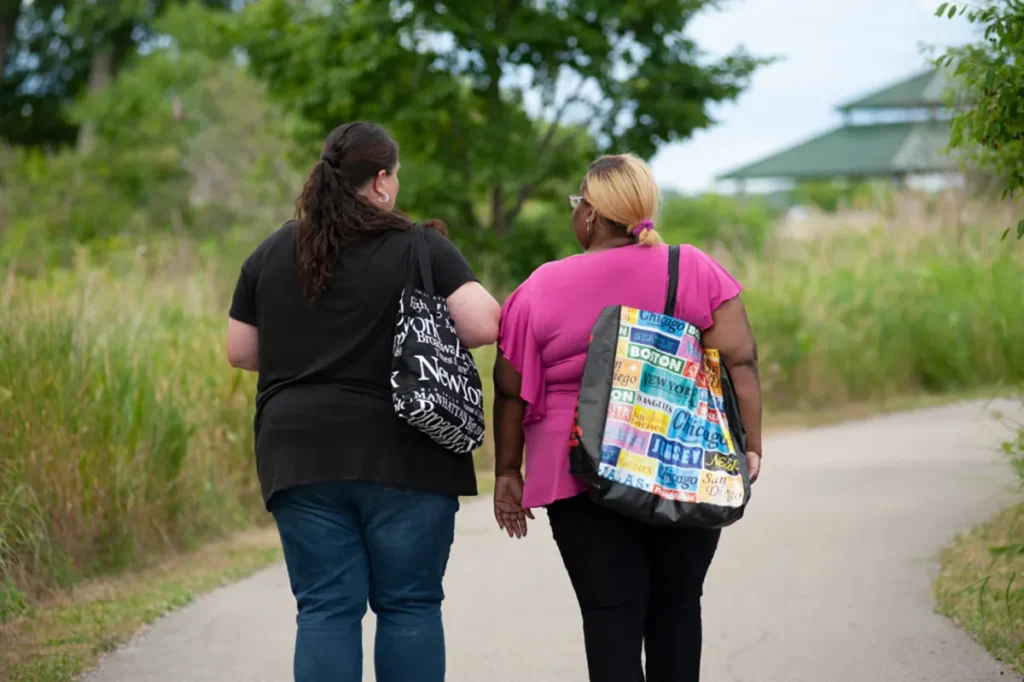
“Papa was definitely a godsend,” Felicia says. Because of her health struggles, working full-time wasn’t working out for her, and the flexibility of Papa was just what she needed. She could choose her own hours and work as many (or as few) as she wanted. Recently, she’s started helping kids with their homework (Papa serves families too), and she loves it.
“It’s definitely a blessing,” she says. “I absolutely love the people that I’ve come in contact with. Seeing so many people from so many walks of life and being able to assist with just a smile? That’s the greatest feeling in the world.”
She especially loves seeing the change in people from being a little standoffish in the beginning to welcoming you into their house with open arms. And Papa values pals like Felicia who go out of their way to truly connect with members and help them feel their dignity and worth.
Papa had a big impact on Felicia’s life.
First, Papa improved her SDoH conditions—when she needed it most. She got rides to necessary doctor’s appointments, and companion care to support her as she got healthy.
Then, she got a job with Papa. Now she’s a Papa Pal with flexible employment that meets her needs and provides her with economic stability.
Working for Papa has enabled her to break that cycle of poverty and start a new, healthier, happier life—all while making life better for the members she serves.
It’s a win-win all around.

